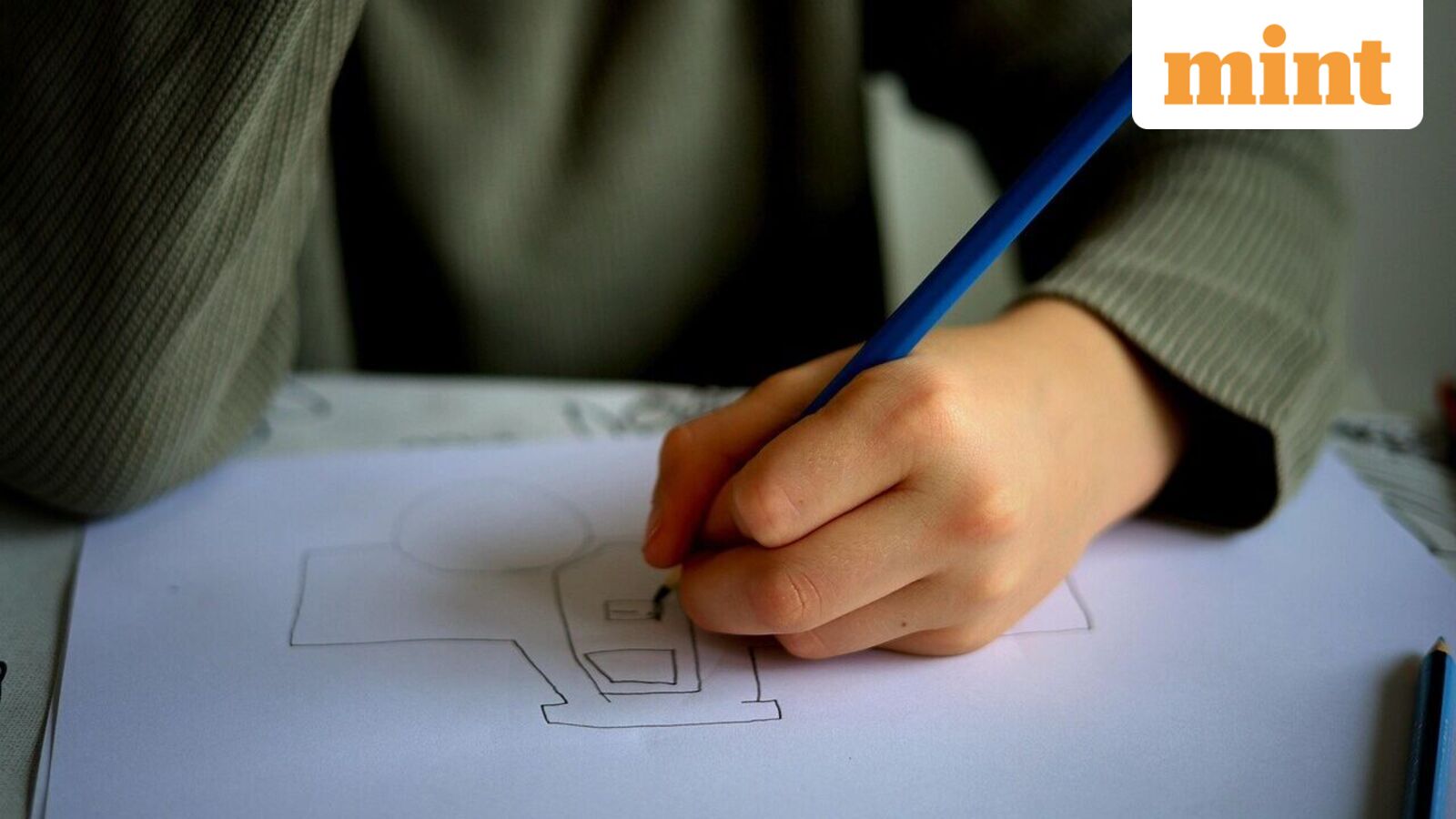Cambridge Dictionary adds 6,000 new words; ‘Skibidi’, ‘tradwife’, ‘mouse jiggler’ on list — how many do you know?

The Cambridge Dictionary has added more than 6,000 new words this year, including “Skibidi” – one of the popular slang terms used on social media.
“Skibidi” is a gibberish term coined by the creator of an animated YouTube series and can mean “cool” or “bad” or be used with no real meaning as a joke.
Other popular words added in the world’s largest online dictionary, include “tradwife” – a contraction of “traditional wife” referring to a married mother who cooks, cleans and posts on social media; “delulu” – a shortening of the word delusional that means “believing things that are not real or true, usually because you choose to”; and “mouse jiggler” – a device or piece of software used to make it seem like you are working when you are not.
Delulu emerged more than 10 years ago as an insult directed at obsessive K-pop followers to question their belief that they would date their idols.
“Internet culture is changing the English language and the effect is fascinating to observe and capture in the dictionary,” said Colin McIntosh, Lexical Programme Manager at Cambridge Dictionary, reported Associated Press.
“Forever chemical” has also been added to the words list. It means a harmful chemical that remains in the environment for a long time.
Other new phrases include “lewk”, used to describe a unique fashion look and popularised by RuPaul’s Drag Race, and “inspo”, short for inspiration.
The Cambridge Dictionary uses the Cambridge English Corpus, a database of more than 2 billion words of written and spoken English, to monitor how new words are used by different people, how often and in what contexts they are used, Cambridge University Press said.
“It’s not every day you get to see words like skibidi and delulu make their way into the Cambridge Dictionary,” said McIntosh.
“We only add words where we think they’ll have staying power,” he noted.




